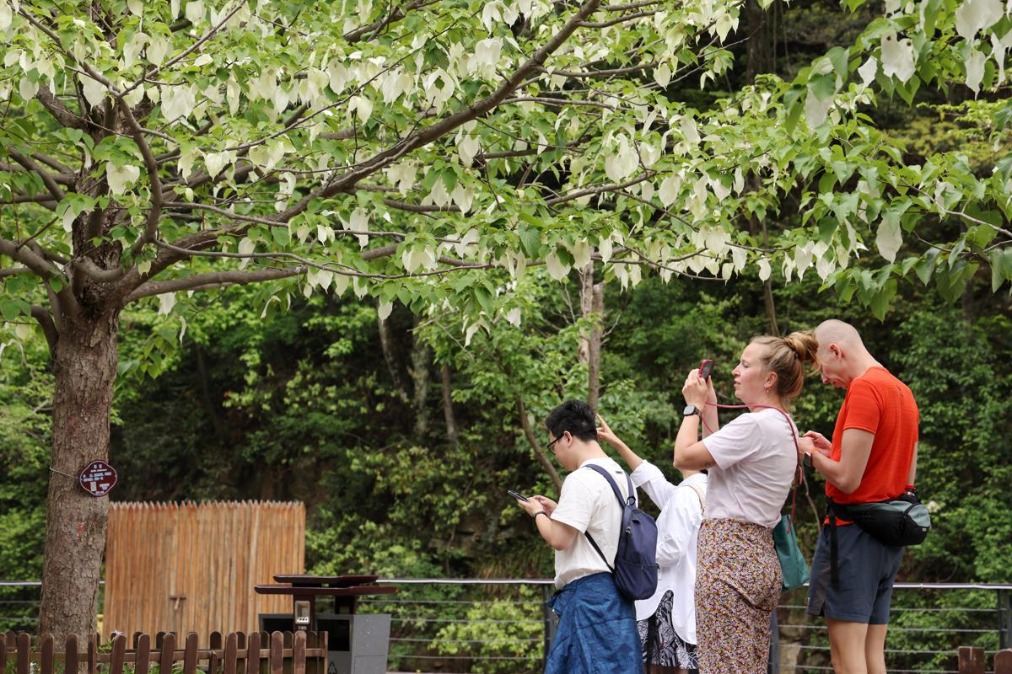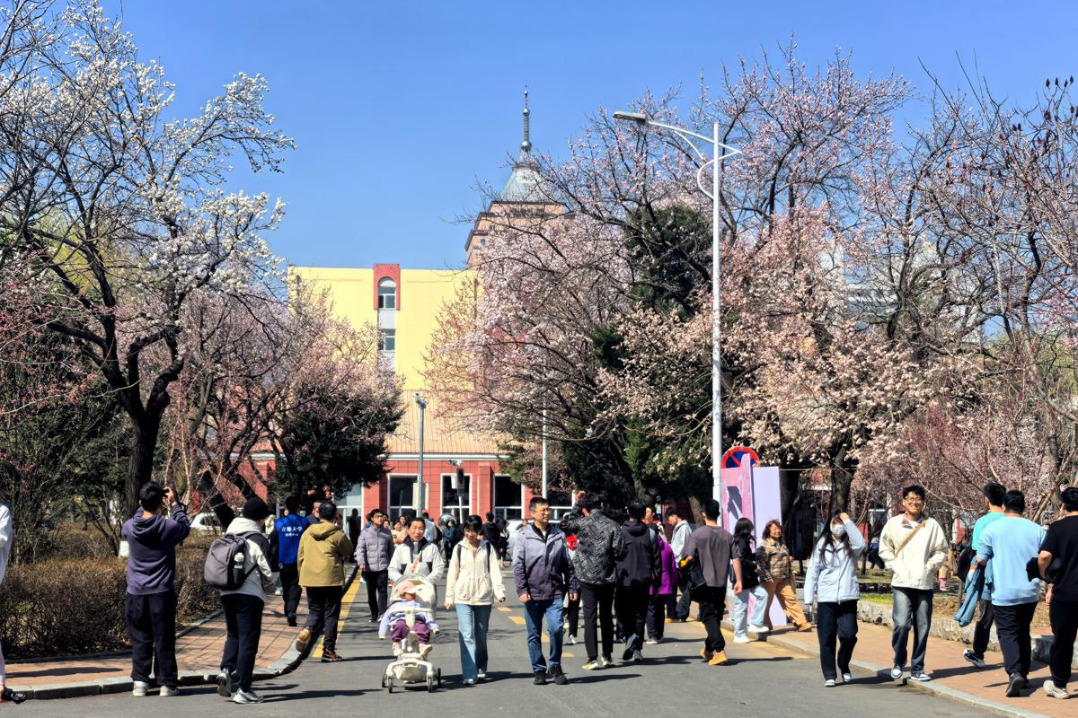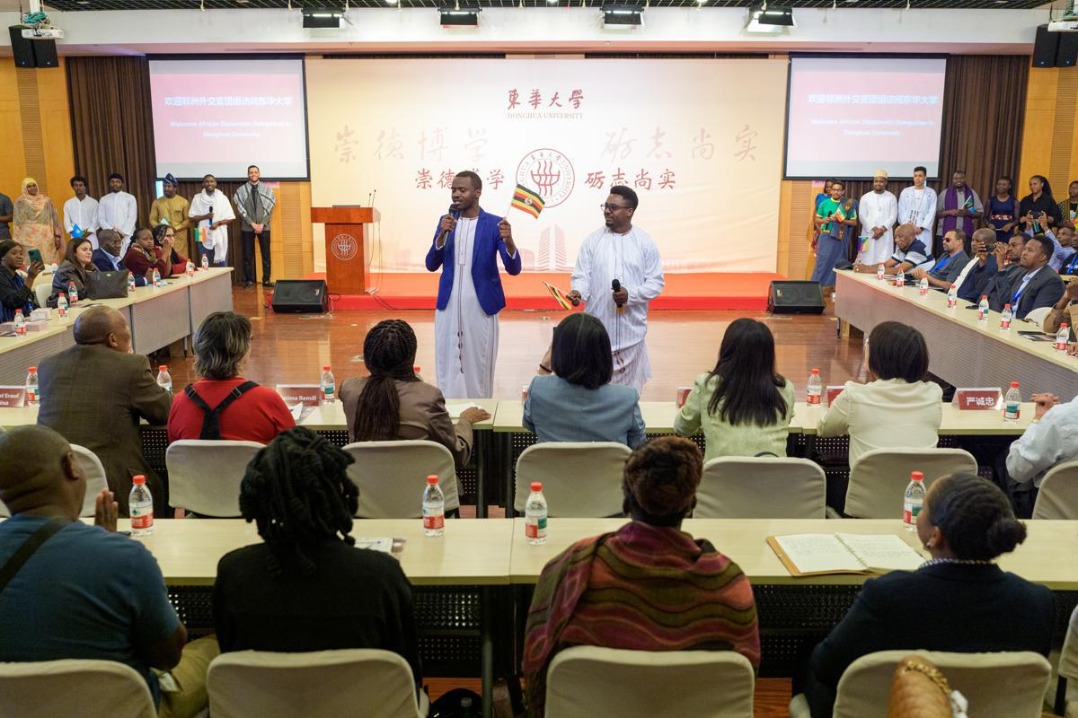Readers book date with recycled works


Books that are rejected can be taken back by the users. If they choose not to, the books are destroyed.
Chen said the warehouse receives about 14,000 books and sells 12,000 to 13,000 each day. "Even though we can sell most of the books, with about 1,000 surplus ones each day, we now have almost 1 million books in storage," he said.
Bai Dongyan, Duozhuayu's marketing business development operator, said that in 2017 when the platform was founded, it recycled 120,000 books and sold 110,000. Last year, it recycled 2.9 million books and sold 2.3 million.
Bai said that to reduce storage, Duozhuayu launched a pop-up offline book store last year. It also started a project to enable readers to get books that are not recycled by the platform for free. Payment is only made for the shipment.
"Our rule is to recycle books that can be sold. Recently, we decided not to recycle books that were used by libraries," she said.
"The top three categories for both recycling and sales are literature, social science and art. Books about young people, relationships and careers are in high demand," she said. "Detective fiction is the most popular, but we suggest that sellers do not reveal the killer's name on the title page!"
Duozhuayu's sales data for last year show that books about economics sold quickly, while there was an oversupply of works about parenting.
Last year, the top 10 popular writers on Duozhuayu included Higashino, who in addition to Miracles of the Namiya General Store wrote The Devotion of Suspect X, fellow Japanese author Haruki Murakami, who wrote 1Q84 and Norwegian Wood, and Chinese writers Louis Cha Leung-yung and Yu Hua.
The top three least popular were Chinese authors Guo Jingming, Han Han and Anni Baobei, who all write pop fiction.
"But the data we collect are from our recycled books, not the retail market, and some books have been published in different versions many times, which can be a reason for them becoming 'inactive'," Bai said. "It does not necessarily mean they are not popular anymore.
"Some 75 percent of our users are under 30 and come from first-tier cities. They are mostly students, freelancers and internet company employees."
Like Duozhuayu, Manyoujing is also a used-book customer-to-business-to-customer platform, and was founded last year.
But it does not pay its users in cash. When users sell books to Manyoujing, the platform gives them points that equate to the original price of a book.
The points can be used to buy books on the platform.
- Kite fliers honor Weifang's peace legacy
- Guangdong key industries to hunt for talent nationwide
- Nyingchi city's peach blossom season draws record tourists
- China's geospatial platform introduces 18 specialized datasets
- China makes big progress in helium exploration
- Guizhou's mega-bridge sets fire safety milestone





































